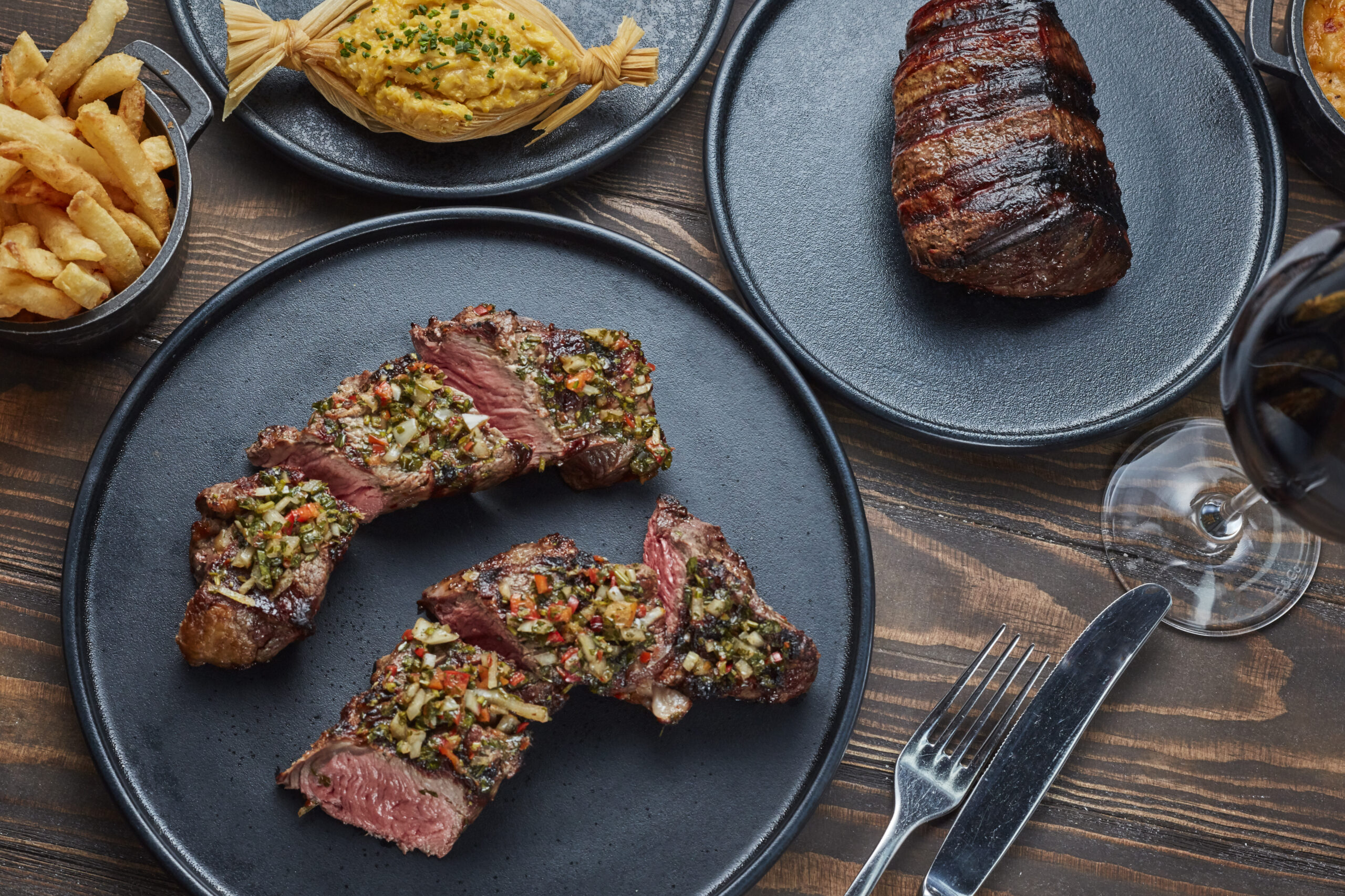



Article by: Hari Yellina
Australian farmers are reacting to the rising demand for food and fibre that are climate-conscious. The introduction of low- or zero-emission meat into supermarkets is one of the most recent developments. The carbon neutral beef product, which comes in recyclable packaging made from 90% recycled and plant-based materials and includes seven different beef cuts, is being introduced by Coles, the country’s first large grocery chain. It will be become generally accessible in the following year after initially exclusively being offered in Victoria.
Mark and Fenella Ritchie, who raise cattle on the Delatite Station, are among the beef farmers collaborating with Coles to supply certified carbon-neutral beef. “We are thrilled to be a part of Coles’ carbon neutral beef project. We constantly strive to create the highest-quality beef while adhering steadfastly to environmental and animal welfare principles, which are supported by an evidence-based approach to decision-making,” according to Mark. According to the most recent Beef Quarterly report from Rabobank, the arrival of carbon neutral beef on Australian supermarket shelves is in line with global trends. An American shop introduced a nett zero beef product earlier this year, and a UK retailer proposed a sustainable beef and lamb scheme to encourage producers to achieve nett zero by 2030.
Businesses and organisations must calculate the glasshouse gas emissions they produce, including those from travel, fuel consumption, and energy use, in order to become carbon neutral. By using technology, such as renewable energy, or by altering processes, they try to minimise these emissions. Carbon offsets, which are units produced from actions that stop, reduce, or remove glasshouse gas emissions from the atmosphere, can be used to “balance out” any remaining emissions. An organisation is carbon neutral and certifiable when the offsets they have purchased are equivalent to the emissions they have generated.
The Federal Government oversees Australia’s carbon neutral certification, which is one of the strictest in the world. Products like cattle can be certified, as well as organisations, services, activities, structures, and precincts. From paddock to plate, the production of beef involves a variety of innovations and management techniques, including the use of renewable energy, animal welfare standards, sustainable grazing, and the planting of trees and other vegetation for carbon sequestration on the farm.